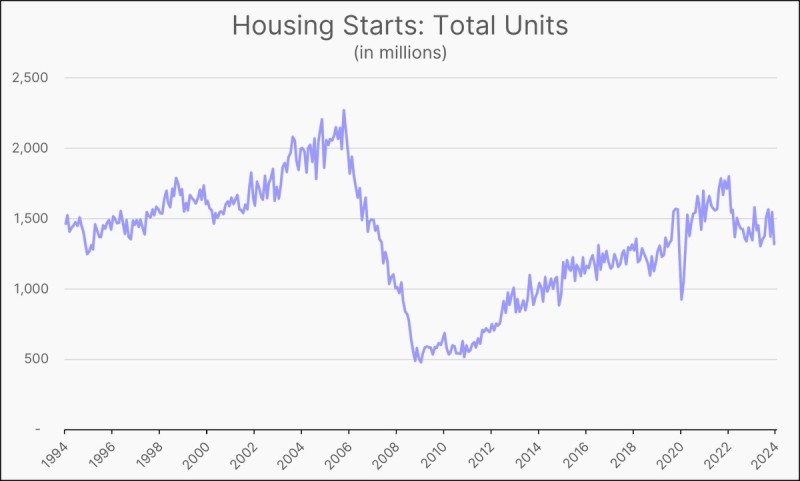Advertisement
CBO Report Finds GSEs Responsible for 13 Percent of Underwater Borrowers

The Home Affordable Modification Program (HAMP) was established to assist the nation’s underwater borrowers get out from under their massive mortgage debt. High default rates, coupled with a 30 percent decrease in home values, has resulted in an incredibly difficult situation for homeowners. With HAMP, incentives are being provided for mortgage holders and servicers to help borrowers avoid foreclosure.
In a Congressional Budget Office report, both Freddie Mac and Fannie Mae have been found to be responsible for nearly 13 percent of underwater borrowers. The report, “Modifying Mortgages Involving Fannie Mae and Freddie Mac: Options for Principal Forgiveness,” finds that, in order for the government-sponsored enterprises (GSEs) to use principal forgiveness for borrowers in an effort to provide assistance for those to benefit from HAMP:
►Result in small savings to the government,
►Slightly reduce mortgage foreclosure and delinquency rates, and
►Slightly boost overall economic growth.
The GSEs offer borrowers a wide array of recovery services already, however; the HAMP is specifically geared to “underwater” borrowers. HAMP essentially works as a modifier to existing borrowers in the sense that it allows modifications to existing mortgages. The idea is to provide better terms and services to those who need it. By reducing the interest rate, “Standard” or “Tier 1” HAMP modifications lower monthly payments to around 1/3 of the total monthly income for eligible borrowers.
The initial estimate is that around 610,000 borrowers currently qualify for HAMP assistance. The CBO also estimated that an additional 550,000 borrowers may qualify, should other criteria be met, should HAMP go fully into effect. Once the program goes into effect, the issue then becomes adapting it for further use for a greater segment of the population currently “underwater” on their mortgages. One such proposal for further adaptation of HAMP is best described in the report itself:
“For example, a borrower who owes $120,000 on a home with a current value of $100,000 may have the loan “written down” (reduced in value) to $95,000 in exchange for granting the lender the right to receive 25 percent of any future increase in the home’s value.”
The CBO’s initial analysis might shift based on the following notions:
►Borrowers might be more or less likely to default to become eligible for principal forgiveness;
►The probability of default might be more or less sensitive to changes in borrowers’ monthly payments;
►Defaults might be more or less sensitive to the ratio of the mortgage balance to the home’s current value; and
►The market risk premium, the estimate of market risk of the mortgages (as reflected in the discount rate used to estimate their fair value), might be higher or lower.
The CBO is currently analyzing issues related to these notions, however; the analysis is still ongoing. In the end, the goal is to stimulate the economy by boosting the amounts that households spend. As of right now, the financial benefit to individual households would be minimal, however; a benefit is a benefit. During the current economic climate, households that can increase their financial situation through a government-sponsored program in any way is surely a welcomed program.
The report was prepared in response to a request by the Ranking Member of the House Committee on Oversight and Government Reform. In keeping with CBO’s mandate to provide objective, impartial analysis, this report makes no recommendations. Mitchell Remy prepared the report under the supervision of Damien Moore. Gabriel Ehrlich and Jeffrey Perry of CBO and Francesca Castelli (formerly of CBO) assisted with parts of the analysis. Chad Chirico, Andrew Stocking, Aurora Swanson, and David Torregrosa of CBO provided helpful comments.
About the author





